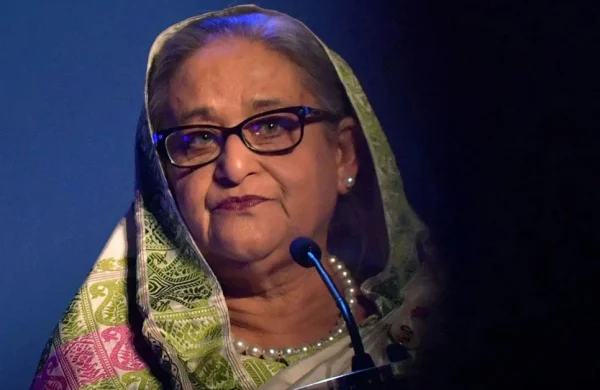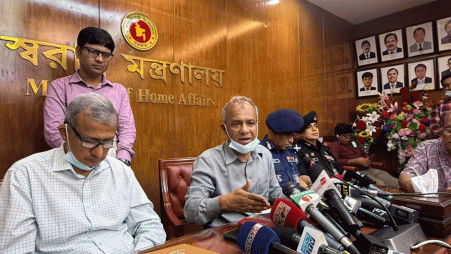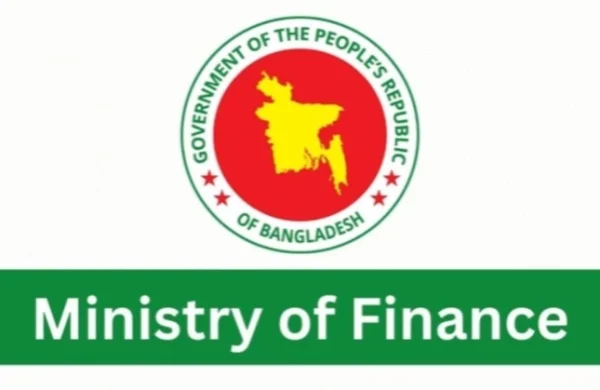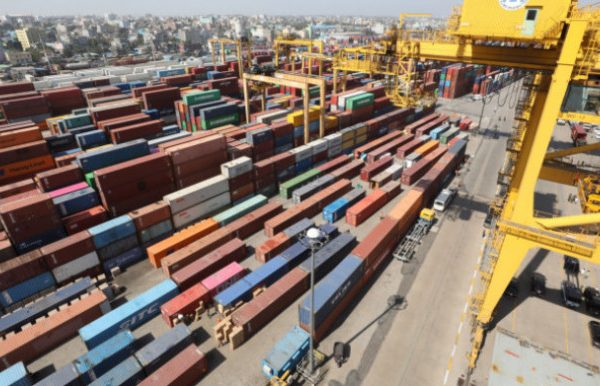Deaths on road doubles nationwide in a decade
- Update Time : Sunday, June 1, 2025
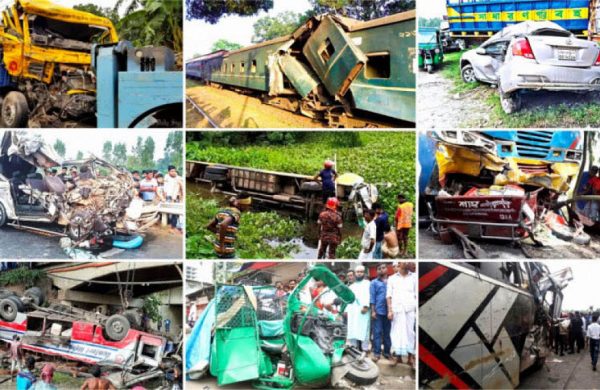
Staff Correspondent:
Road accidents in Bangladesh have reached alarming levels, with the number of deaths doubling over the past decade. Despite the introduction of new laws, order and discipline on the roads remain elusive.
Experts and stakeholders are now calling for urgent reforms of road transport laws, citing significant ambiguities in current ones that hinder effective implementation.
According to data from the Bangladesh Police and the Bangladesh Road Transport Authority (BRTA), In 2012, road accidents claimed 2,538 lives nationwide. Over the next nine years, that number nearly doubled, reaching 5,084 deaths. In 2023, a total of 5,305 people died in 5,495 road accidents across the country. The situation worsened in 2024, with 5,479 fatalities from 5,856 accidents. Alarmingly, in just the first four months of 2025, road accidents have already taken 1,887 lives.
Experts have pointed out that the Road Transport Act 2018 and the Road Transport Rules 2022 fall short in ensuring road safety. While these documents include several provisions, they lack concrete strategies and clear guidelines for effective enforcement.
Professor Dr Abdul Awal Rizvi, adviser to the Road Safety Injury and Prevention Programme under the National Heart Foundation, explained that the Road Transport Act 2018 and Road Transport Rules 2022 lack practical strategies for enforcement.
“For example, the law allows Bangladesh Road Transport Authority (BRTA)to set speed limits but fails to detail how these will be monitored or enforced,” said Rizvi. “There are also no specifications for the quality of seatbelts, helmets, or child safety arrangements. In critical situations, even bystanders are uncertain of their legal protections when trying to help accident victims.”
Dr Rizvi, also former director of National Institute of Traumatology and Orthopaedic Rehabilitation (NITOR), emphasised that due to these legal ambiguities, law enforcement, doctors, and civilians often face confusion, which delays timely responses and can cost lives.
He has strongly advocated for a modern, comprehensive road safety law in line with the United Nations’ ‘Safe System Approach.’
The issue of road safety gained national attention on 29 July 2018, when two students, Diya Khanam Mim and Abdul Karim Rajib, were tragically killed by a speeding bus on Dhaka’s Airport Road. The incident triggered a massive student-led protest movement, eventually prompting the government to pass the Road Transport Act 2018.
However, subsequent amendments to the law in 2022, intended to address stakeholder concerns and operational challenges, have failed to restore order to the country’s roads.
Ilias Kanchan, founder of the organisation Nirapad Sarak Chai, criticised the lack of effective measures. “Ambiguities in the law remain, and enforcement is often weak. Without enforceable, practical laws, the situation cannot improve,” he warned.
In response to growing criticism, Mohammad Kamrul Islam Chowdhury, director of the BRTA, said, “We are working to draft a new law aligned with international standards. Public awareness campaigns through seminars and symposiums are also underway.”
Despite repeated efforts, officials from the Ministry of Road Transport could not be reached for comment.



